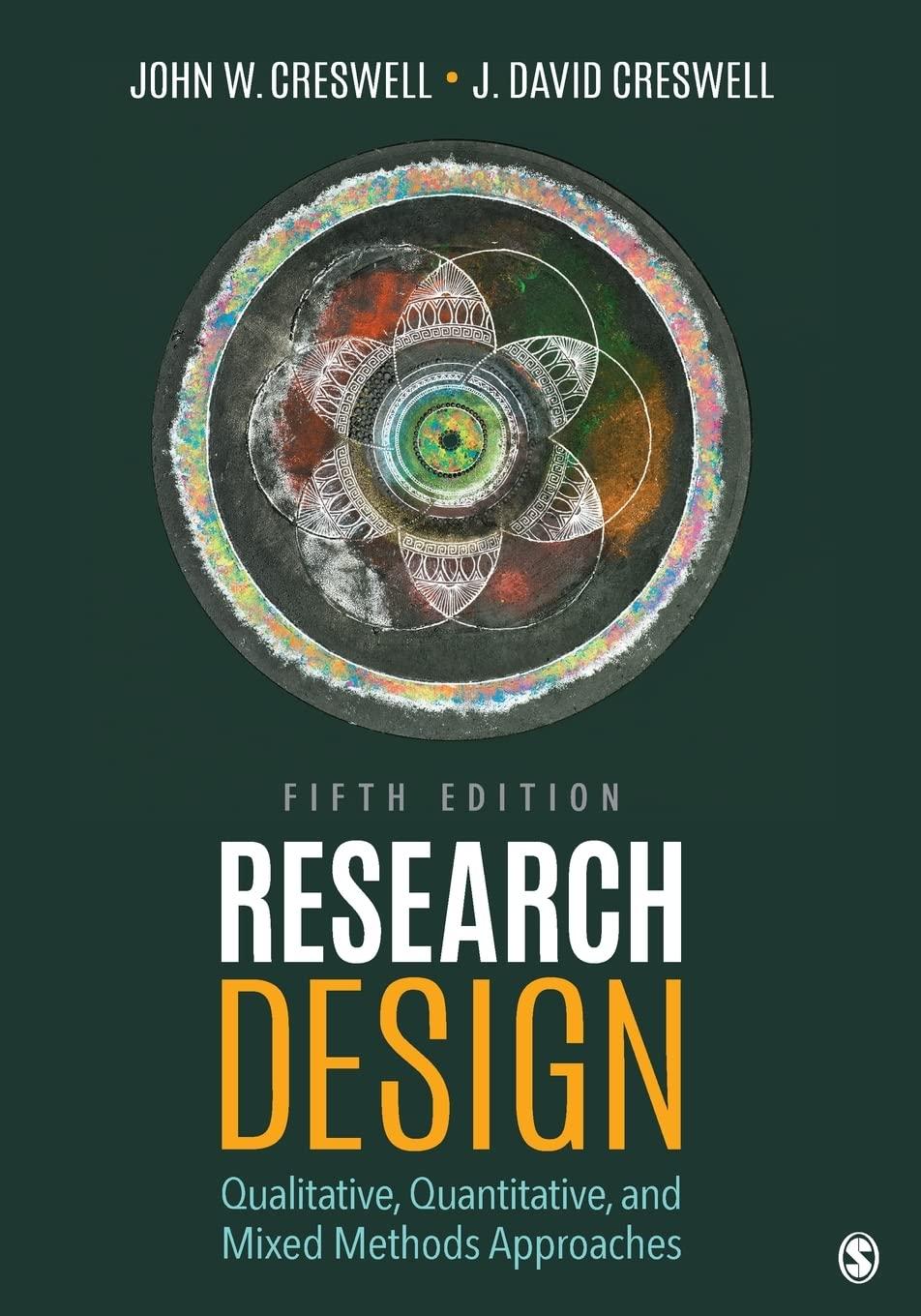Question
I would like you to answer True/False Statements down below from (a) to (f) with explanation. I attached my answer for reference but not sure
I would like you to answer True/False Statements down below from (a) to (f) with explanation.
I attached my answer for reference but not sure (d) and (f) so would like you to expand on it.
(a) Uncertain
Indeed, capital tax taxes ppl twice. This double tax, however, can be desirable to redistribute for rich to poor. That said, capital tax provides many tax avoidance/evasion opportunities to the wealthy. It is therefore unclear to state whether capital tax is desirable or not.
(b) True
Wealth tax can be expected to be progressive to the very top. Unlike CIT, wealthy tax goes after the stock and builds exponentially overtime.
(c) False
Even if inequality only stems from LI differences, individual saving behavior has to do with inequality. Those who save more are likely to be rich, which can be the gap between rich and poor (inequality trap). Capital income tax should be taxed on people who saved more and reduce inequality.
(d) ?
(e) True
US estate tax on bequests improves more than 10% increase in average tax rates.
(f) ?
Determine whether each statement is true, false, or uncertain and explain why. Answers with no explanation will receive no points.
(a) A tax on capital is not desirable because it taxes people twice, both on earnings and savings.
(b) A wealth tax can make the US tax system progressive up to the very top, including the wealthiest 400 families.
(c) If inequality comes solely from differences in labor income, there should be no tax on capital income.
(d) Senator Wyden's Billionaires Income Tax proposal to levy capital gains creates adverse economic incentives and is difficult to implement and enforce.
(e) The US estate tax on bequests significantly improves US tax progressivity.
(f) Under Trump's corporate tax reform, thanks to the minimum tax on foreign profits, US multinational corporations no longer have incentives to shift profits to tax havens.
Step by Step Solution
There are 3 Steps involved in it
Step: 1

Get Instant Access to Expert-Tailored Solutions
See step-by-step solutions with expert insights and AI powered tools for academic success
Step: 2

Step: 3

Ace Your Homework with AI
Get the answers you need in no time with our AI-driven, step-by-step assistance
Get Started


